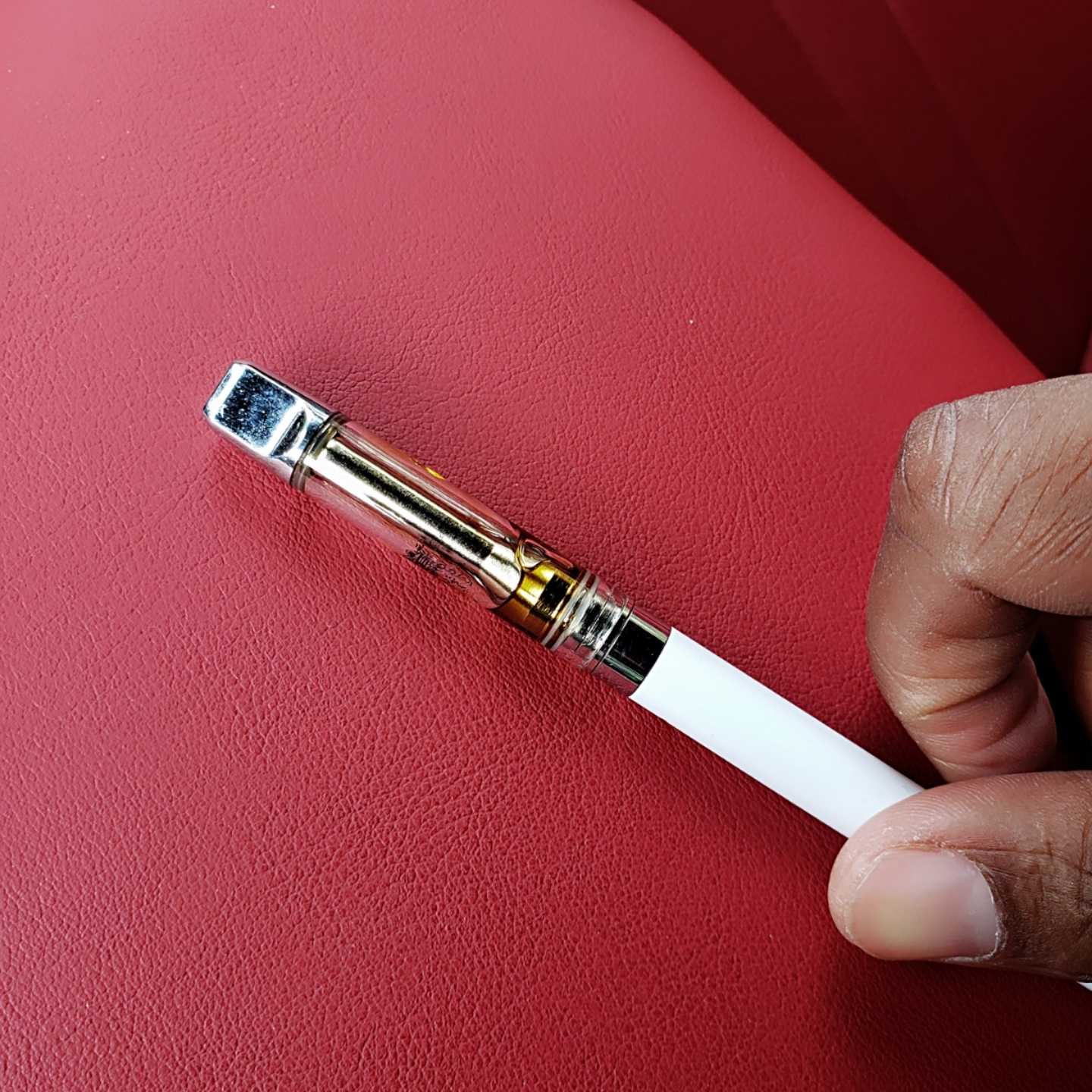By Eric Van Buskirk
Suorin Air Starter Kit
In 2016, the Food and Drug Administration was expanded to regulate tobacco as well as nicotine products, including cigars and e-cigarettes. A year later, the FDA issued an ultimatum to manufacturers: provide sufficient information to justify the continued circulation of your tobacco and nicotine products on the market, and do so by May 2022.
The deadline was initially set in order to provide manufacturers ample time to produce studies and research against the charge that their products were both aimed at and increasingly consumed by American teenagers. However, the American Academy of Pediatrics (AAP) and their partners — responsible in large part for pressuring the FDA into action — immediately challenged the timeline, positing that such a long waiting period was unacceptable.
AAP President and Fellow of the American Academy of Pediatrics Kyle E. Yasuda, M.D. was quoted as saying, “the FDA oversight over the sales and marketing of these harmful products has languished for too long. With the epidemic of e-cigarette use by teens, it is incumbent on the FDA to act expeditiously to hold manufacturers accountable for products that contain nicotine and harmful chemicals.”
In March 2018, the AAP as well as the American Cancer Society, Cancer Action Network, American Heart Association, American Lung Association, Campaign for Tobacco-Free Kids, Truth Initiative and five pediatricians sued the FDA, Department of Health and Human Services (HHS) and the heads of both agencies. According to the suit, the coalition intended to take action against the FDA and HHS not only for their decision to provide manufacturers with such a generous grace period, but for allowing them to continue selling their products until the scheduled date of review.
Finally, in May this year, U.S. District Judge Paul W. Grimm of Maryland ruled in favor of the AAP and its partners, aiming pointed statements at the FDA in the process. “Arguably, the five-year compliance safe-harbor has allowed the manufacturers enough time to attract new, young users and get them addicted to nicotine before any of their products, labels, or flavors are pulled from the market, at which time the youth are likely to switch to one of the other thousands of tobacco products that are approved — results entirely contrary to the express purpose of the Tobacco Control Act,” he wrote.
Companies and manufacturers now have ten months before the FDA is set to begin their review in May 2020. Grimm’s remarks are worth exploring in detail, as there is recent data that bears out his point. A study by the Centers for Disease Control and Prevention (CDC) shows that vaping rates among high schoolers and middle schoolers increased by 78% and 48% respectively over 2017 — just one year of the six-year grace period originally afforded to cigar and e-cigarette manufacturers by the FDA.
An Accelerated Review & Its Impact on E-Cigarette Manufacturers
For e-cigarette giant Juul and tobacco juggernauts Philip Morris International, Imperial Brands and Altria, the next ten months will be a battle to continue selling their Juul e-cig and iQOS systems — but it’s a battle they’re confident they can win. Other manufacturers like Sourin Air, who really more on online sales, are a bit less concerned about sales since online purchases have getter systems in place to prevent under-age buying.
“We are secure in the content and quality of our application for May,” stated Juul spokesperson Ted Kwong in an interview with Forbes. “Our growing body of evidence as well as our industry-leading actions to combat underage access and use will ensure adult smokers continue to have a true alternative to cigarettes, the leading cause of preventable death worldwide.”
Representatives from the so-called “tobacco Big Five” expressed similar convictions.
For smaller companies and e-cigarette manufacturers, the FDA’s accelerated review represents an entirely different struggle. Until 2016, the vaping industry as a whole had gone largely unregulated, and products were able to enter the market without needing FDA approval. The processes of preparing applications, litigating their cases and abiding the coming surge of new regulations is very likely to decimate the profitability of smaller e-cigarette operations. For them, the next ten months will be a struggle for their continued existence.
Ironically, it may very well be the case that Juul — which is estimated to control three fourths of the e-cigarette market — and the tobacco Big Five will come away the biggest winners by the end the FDA’s accelerated review.






